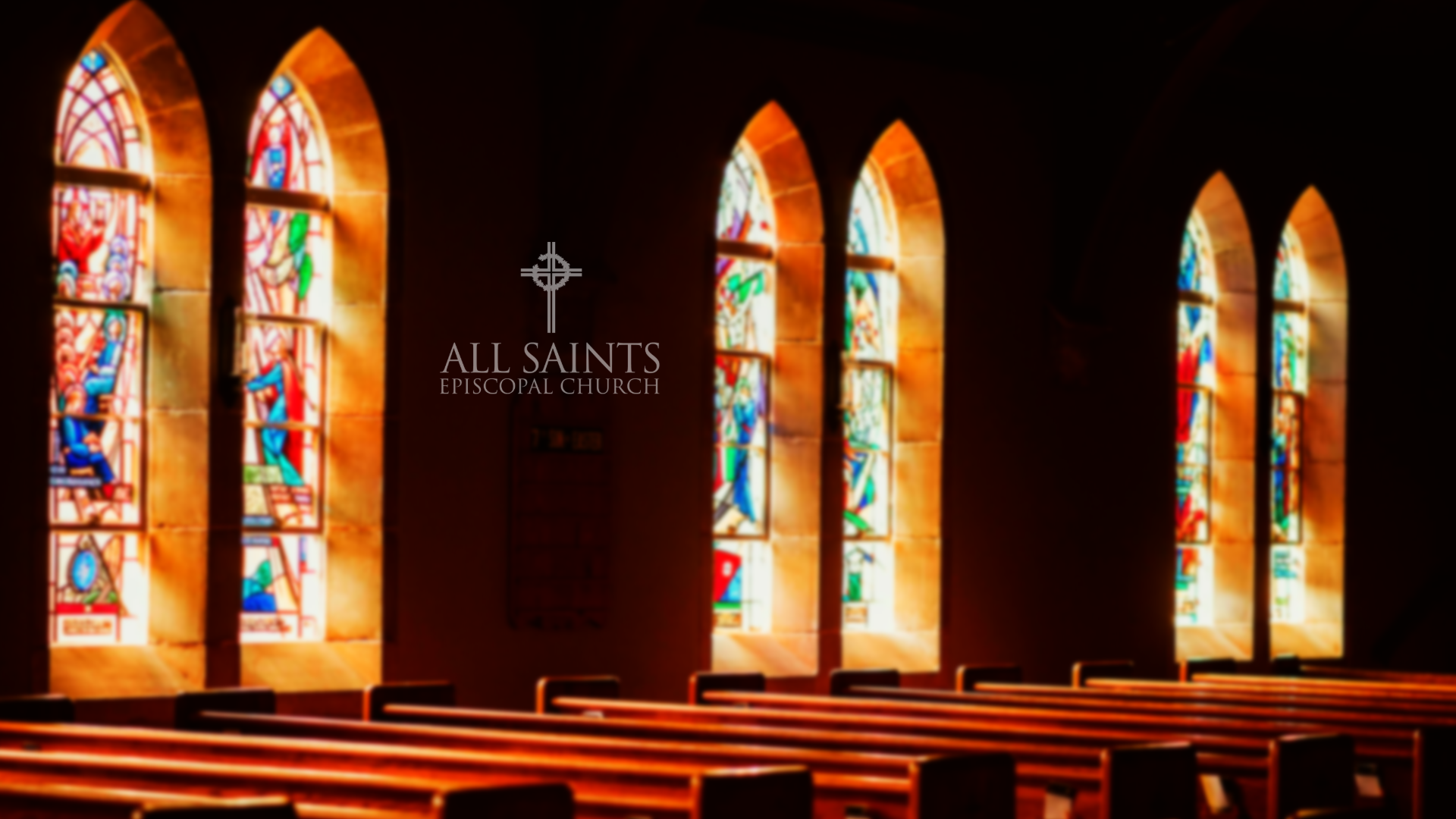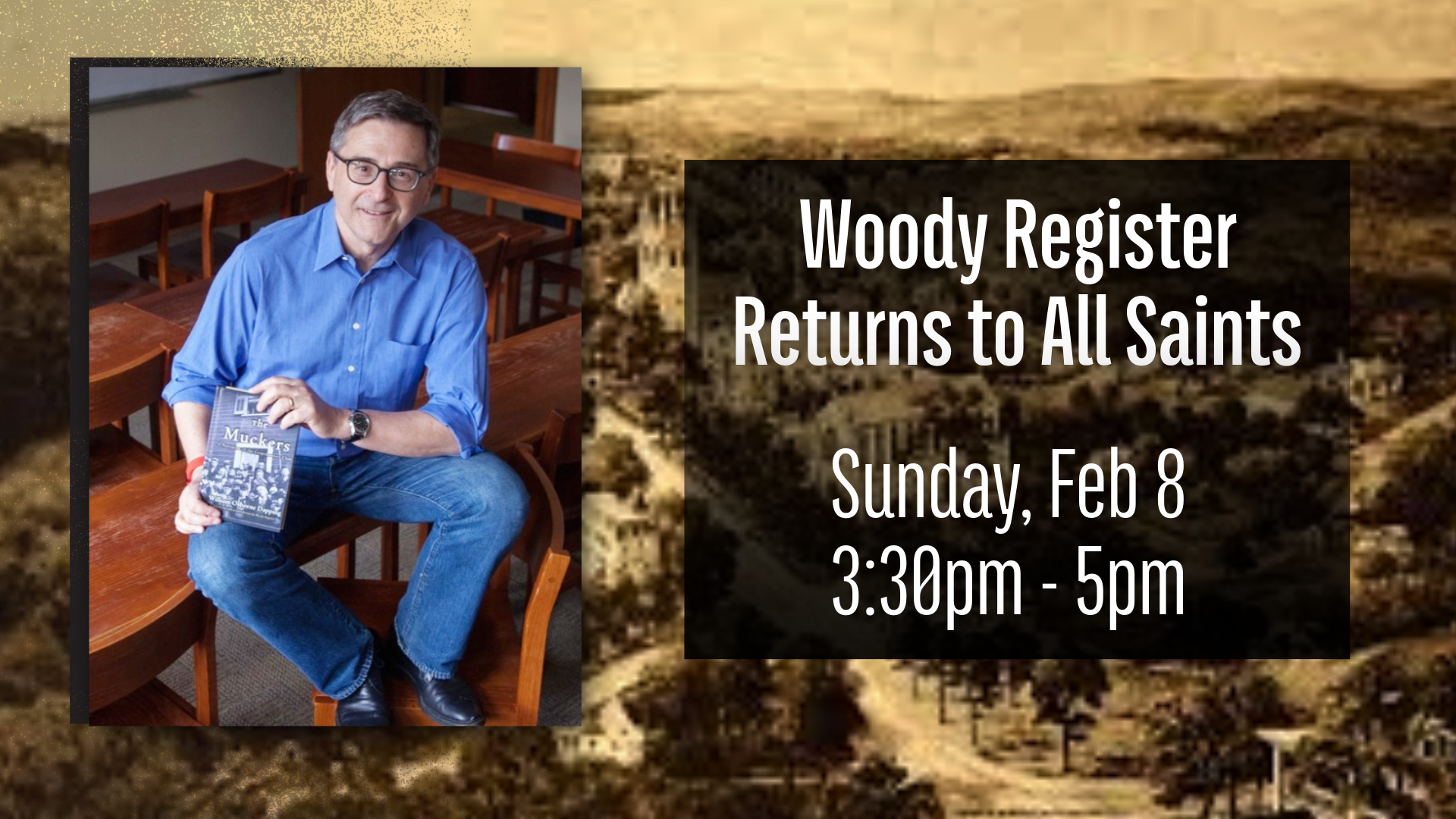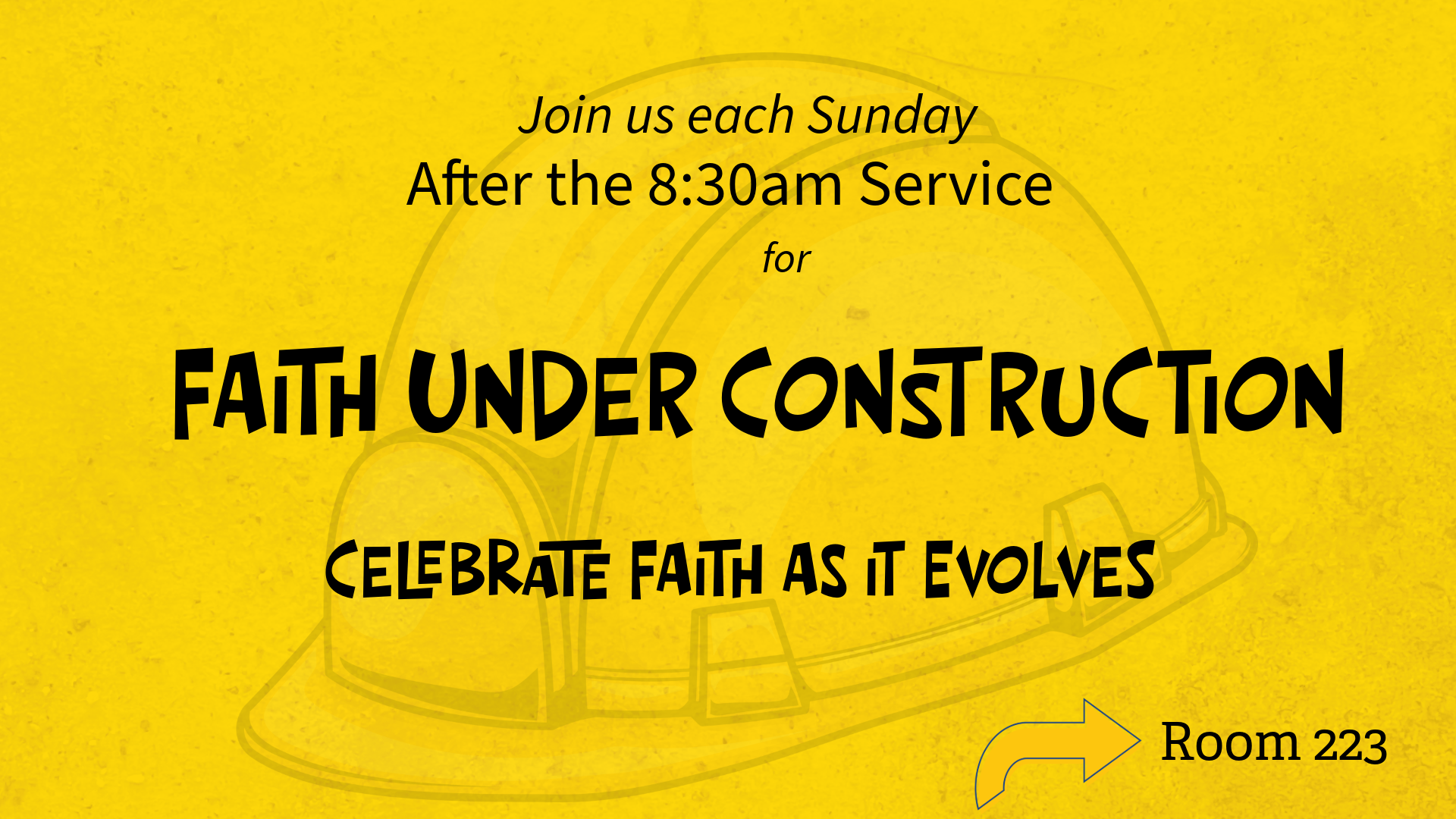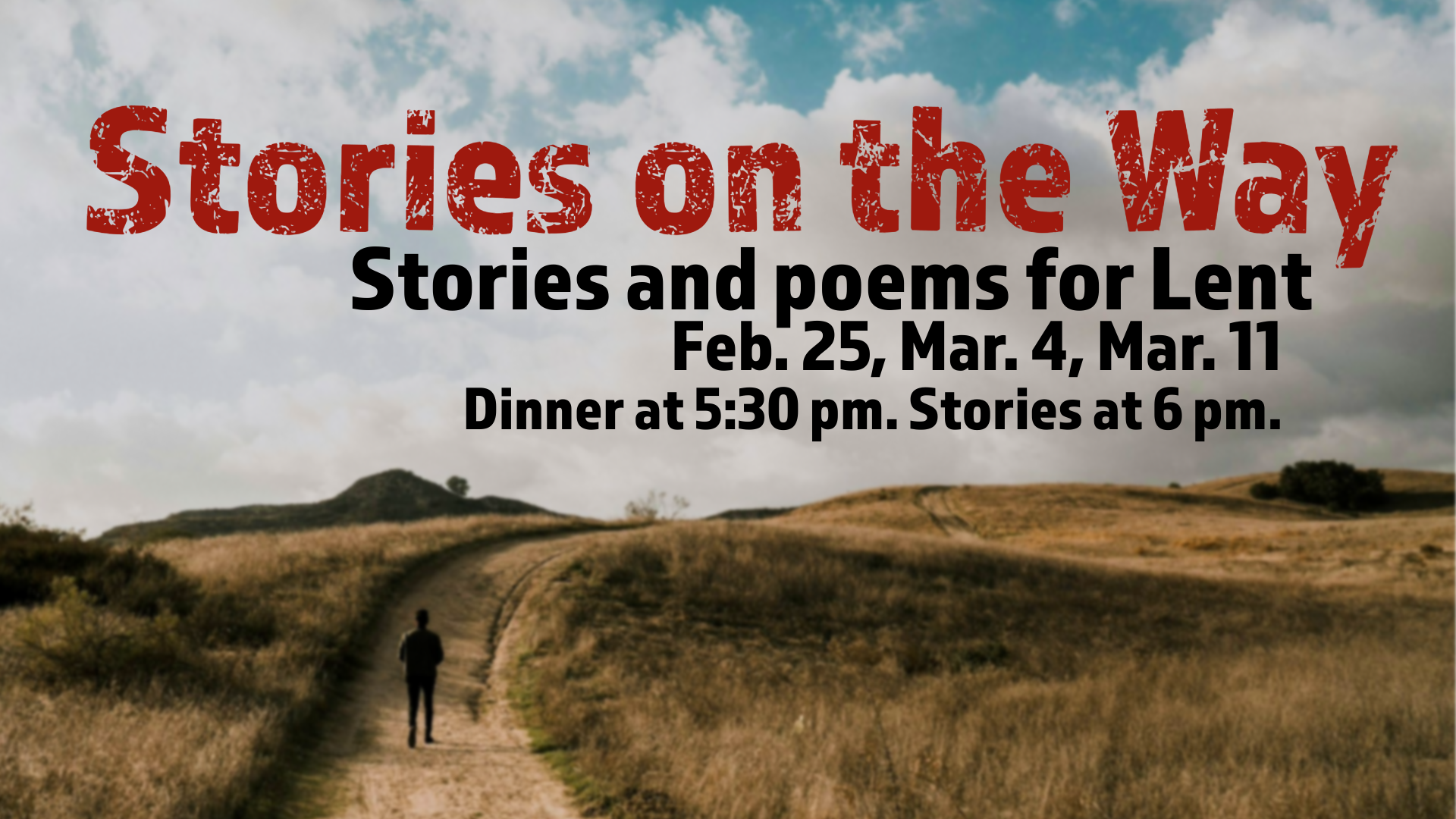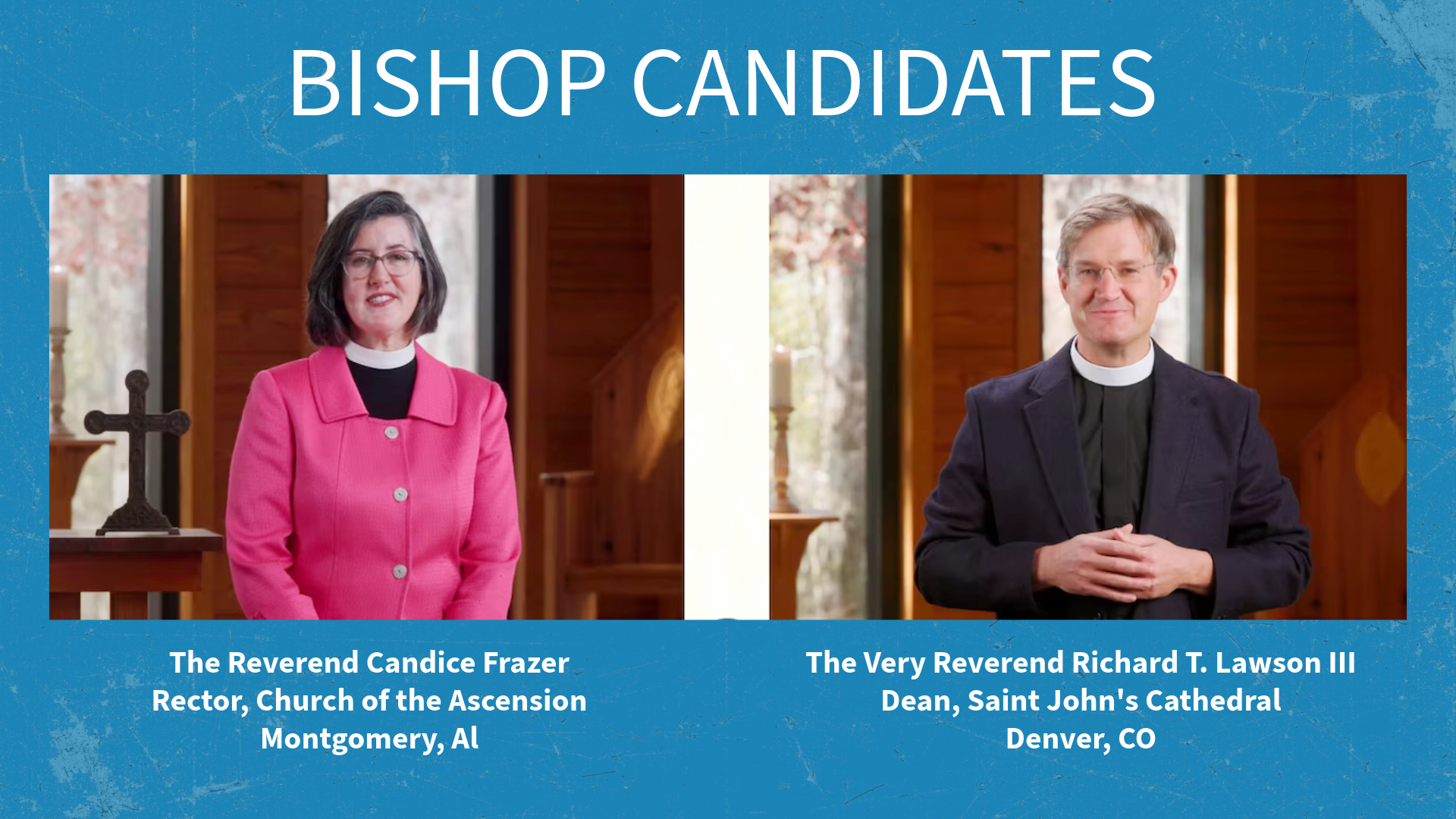Put The Woman Down and Don't Drink the Rat Poison
“Put The Woman Down and Don't Drink the Rat Poison”
Sermon by The Rev. Set Olson
September 17, 2023
II once heard a comedian talking about his day-to-day interactions with a significant other. Like many romantic relationships, some of the things that his partner did got on the comedian’s nerves and vice versa. In relationships those things that are sweet, cute, and unique in the beginning can become neurotic, narcissistic, or nerve wracking down the road. Yet, this comedian would not immediately say something to his girlfriend about the annoying behavior. Instead, he would wait—storing up the grievances like arrows in an archer’s quiver. Then, when she came back from the bathroom saying, “Honey, you left the toilet seat up again,” he would launch into his savings of offenses… “Well, what about last week when you made me stop watching the game? Or the other day when you left the dishes for me to do even though I had cooked? How about the time you forgot to pick me up from the airport?”
Of course, I have never purposefully saved up a wrong done to me, so that I could hold it over someone else’s head (wink, wink). And, I am sure that you have never once withheld forgiveness. Even though we do not need to hear it, living and forgiving in community have been the focal points of the last two Sunday’s gospel readings. Last week the text focused upon a path to reconciliation: point out the fault by yourself, with one or two others if necessary, and with the whole church if you must, so to ensure that the one doing harm knows their hurtful actions and might amend the relationship. Today, we heard Peter asking Jesus how many times do we have to forgive someone who sins against us? Seven times?
Now, at first Peter’s estimate appears either too high or too low depending upon the relationship. There are some people we might click with from the moment we meet them. It would take a dramatic turn of events for them to need to seek forgiveness seven times. We all also probably know someone that gets underneath our skin from the word go, they might wrack up seven offenses against us in an afternoon. Often these are the people that we love the most. I have heard it said, if you would like a master’s degree in forgiveness, get married. If you want a doctorate in forgiveness, have children (or take care of them)!
We experience forgiveness every Sunday when we hear the absolution after the Confession of Sins; however, forgiveness is not just something that we do when we kneel at church. This is a way of life, a daily choice that becomes more challenging the closer we come to other people within community. When Peter throws out his question he is asking more though, than just should we forgive people a certain number of times?
The original language comes across in a more complicated fashion depending upon one’s interpretation of the number seven within First Century Hebrew culture. “Should I forgive fully? Or, should I forgive others completely?” are two ways of translating Peter’s question. Another accurate way of posing this question to Jesus would have been, “Shall I forgive others always?” Jesus’ answer points beyond a base level of forgiveness, instead he exponentially multiplied the disciple’s mathematics, not seven times but seventy-seven times. For Jesus rote forgiveness or a limit to forgiveness does not cut it, those who follow his way practice wholistic forgiveness. But how? How can we possibly forgive fully? This is where today’s text turns towards a helpful if troubling tale.
We have a King who holds a servant’s debt that would make Jeff Bezos’ or Elon Musk’s net worth look small—the subject is in way over his head. So, he begs for forgiveness, and remarkably the King listens. Instead of going to jail, being required to work off the many lifetimes worth of debt, or being sold along with his family, the Monarch acts graciously forgiving the entire balance—not a sound financial practice, but an infinitely generous offer. The servant must be elated, right?
Nope! Instead, he turns around and tries to get money back from those who owe him, and when some other servants catch wind of it, they report this double standard to the Ruler. This is where the story gets a bit sus, as the kids say. The King who was abundantly gracious is now lavishly vengeful—even torturing the wicked servant—a rough look if the King is God’s stand in.
Now, most interpretations of this parable invite us to see that 1. The King is God, 2. The Servant is us, 3. God cancels away our insurmountable debts, and 4. We are to forgive others. This is all well and good, but what are we to do with the ending that makes God look more like a petty, tyrannical maniac and less like an eternally forgiving Father? To better understand Jesus here we have to go back to the question that Peter asked in the first place, how much, how completely must we forgive others? Jesus illustrated in this colorful ending that the stakes are astronomically high when we withhold forgiveness from others. God has forgiven you completely—now how will you respond? (This feels like a particularly appropriate question as we celebrate Nellie, Virginia, and Wiliam becoming members of Christ’s Body the Church in Holy Baptism today.)
Hopefully you, (these precious children), and I respond by living into the newfound freedom we receive in being forgiven, hopefully we connect relinquishing another’s debt against us with God’s wiping away our own debt, and hopefully we remember that these two aspects of forgiveness are forever intertwined.
However, if we ever forget, all we need to do is pray words that Jesus taught us, “Forgive us our trespasses as we forgive those who trespass against us.” These words, part of the Lord’ Prayer, from earlier in Matthew, we say every week during Holy Eucharist. In fact, this prayer is the only thing that is present in every single liturgy that we pray as a Church. The “Our Father” is so important that we pray it every time we gather together. Still, we may wonder, does God’s not forgive those who do not practice forgiveness with others? Hold onto that question, while I tell you one more story.
“Two monks on their way to the monastery found an exceedingly beautiful woman at the riverbank. Like them, she wished to cross the river, but the water was too high. So one of the monks lifted her onto his back and carried her across.
“His fellow monk was thoroughly scandalized. For two hours he berated [his brother] on his negligence in keeping [their rule of life]: Had he forgotten he was a monk? How did he dare touch a woman? And worse, carry her across the river? What would people say? Had he not brought their holy religion into disrepute? And so on.
“The offending monk patiently listened to the never-ending sermon. Finally he broke in with ‘Brother, I dropped that woman at the river. Are you still carrying her?’”[1]
We can scream at God and believe that God is the one that tortures us, but it is in not forgiving other’s debts that we torture ourselves. As Anne Lamott has written, “Not forgiving is like drinking rat poison then waiting for the rat to die.”[2] Put the woman down, don’t drink the rat poison, practice forgiveness. I bet you didn’t think you’d hear that in a sermon today.
Our task as Christians is to follow Jesus in the practice of loving one another. We practice this in how we choose to forgive each other. As we experience complete forgiveness through God’s mercy, we too are called to lavishly, abundantly, and completely forgive others. We will not always get forgiving others right, and when you miss the mark, I pray you will be able to forgive yourself too.
Do not store up a quiver full of grievances. Put down the woman. Don’t drink the rat poison. Forgive as God forgives you. Forgive your parents, siblings, children, grandchildren, friends, neighbors, enemies, and even yourself, for it is in forgiving others that we ourselves participate in the freedom of God’s mercy. And for that, thanks be to God. Amen.
More Announcements
